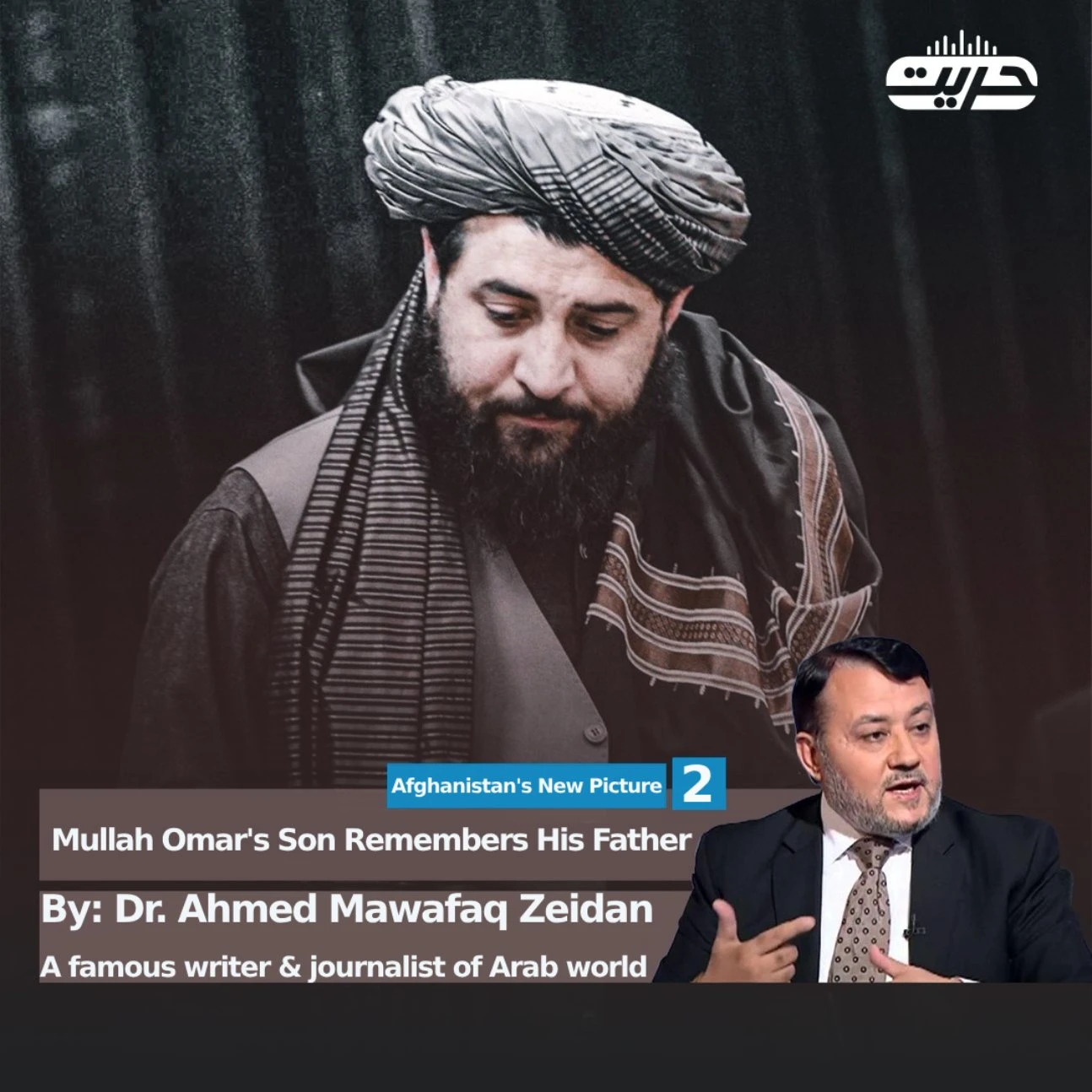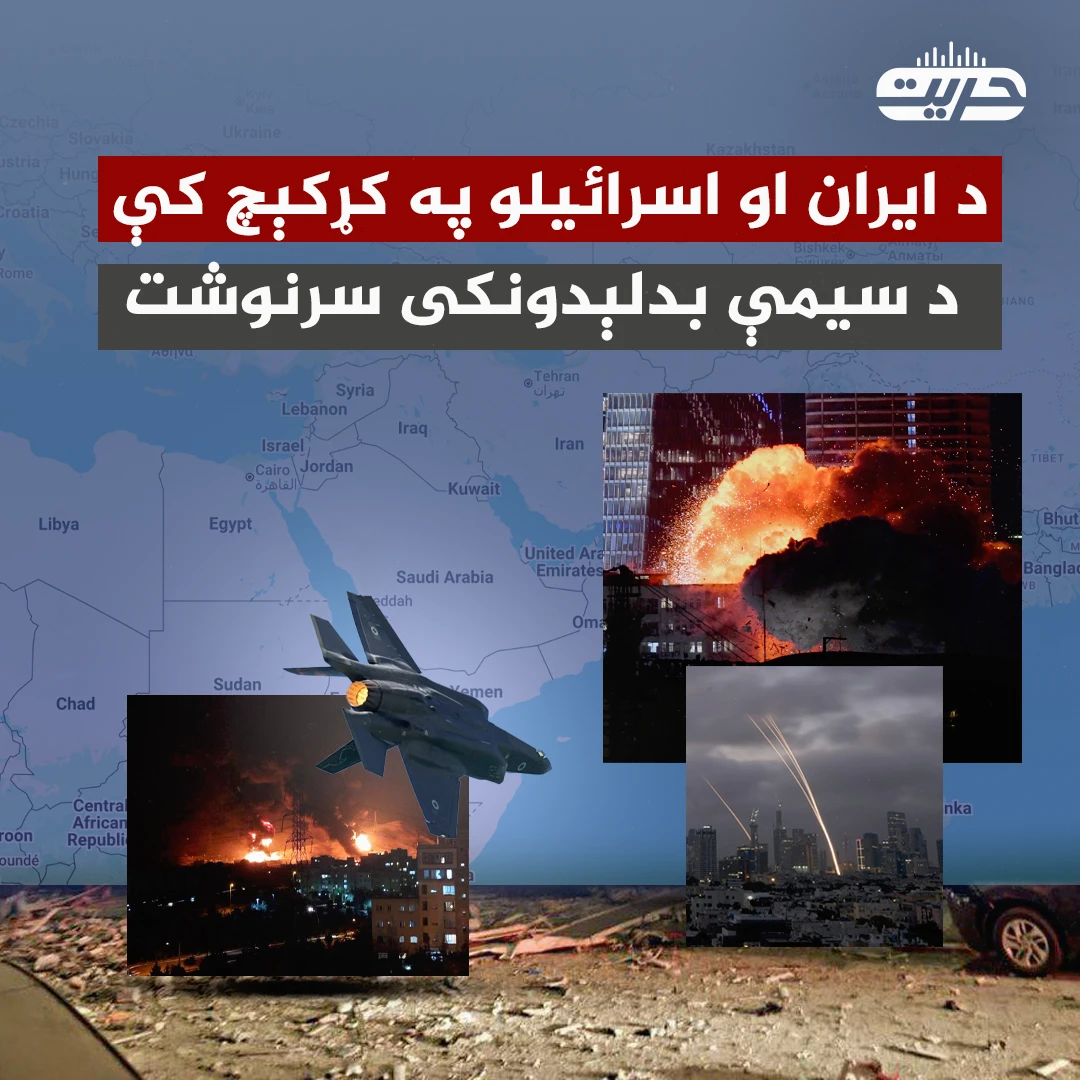Afghanistan's New Picture: Mullah Omar's Son Remembers His Father
Part : 2,
Continuing the narrative of my journey to Afghanistan, I delve into a significant chapter concerning the Taliban's past—the period during which the founder of the Taliban movement, Mullah Muhammad Omar, may God have mercy on him, sought refuge.
My objective was to meet Mullah Muhammad Yaqoob Mujahid, the son of Mullah Muhammad Omar, may God have mercy on him, and the current Minister of Defense for the Islamic Emirate of Afghanistan. I must commend his personal translator, Ruhollah al-Afghani, a polite and talented young man whose Arabic was as fluent and powerful as a flowing river. His adept use of Arabic letters was especially impressive.
Mullah Muhammad Yaqoob Mujahid welcomed us into his home in the central area of Kabul, the capital. "You are one of the few journalists who met my father, may God have mercy on him," he remarked warmly.
He sat on the ground, reminiscent of how he once sat under a tree in Ahmad Shah Abdali's palace in Kandahar—the spiritual capital of the Taliban—during his meeting with his father in 1995. Back then, Mullah Omar, may Allah have mercy on him, had spread out a cloth for them to sit on and converse.
Much has transpired between then and now, but the essence remains unchanged in Afghanistan. Their adversaries were driven to neighboring countries, just as in 1996 when their opponents were vanquished, except for some opposition leaders in areas like Panjsher and Badakhshan.
Our engaging two-hour conversation, which felt like a fleeting moment, revolved around the internal state of the Islamic Emirate of Afghanistan and the developments of the past three years. We also discussed relations with neighboring countries, particularly Pakistan, the current crisis there, and the presence of the Pakistani Taliban in Afghan territories. A lingering mystery for me and many Taliban observers is how Mullah Muhammad Omar, may God have mercy on him, interacted with his son and the Emirate's leaders during his period of asylum.
I directly and candidly asked Mullah Yaqoob about that phase, even jokingly referencing Abdul Khaliq Al-Mahjub, the leader of the Sudanese Communist Party, who had evaded the Sudanese government for years. When asked about his hiding phase, Al-Mahjub quipped, "I can't say anything about that stage because I might turn back!" Mullah Yaqoob laughed and promised to share details about that period—information that had never been disclosed before—including how his father maintained contact and how he learned of his father's death.
Mullah Yaqoob, sat down as if he were in the presence of his father, then began: "When America invaded Afghanistan in 2001, I was 8 years old. At that time, I was studying sharia according to the Afghan curriculum under the guidance of my uncle, Maulvi Muhammad Juma, who was also my father's teacher. Later, I joined a religious seminary in Quetta during the Jihad against the Americans. Due to the constant change of residence, none of my friends knew that I was the son of Mullah Muhammad Omar, may God have mercy on him. My mother always advised me to stay hidden. We lived in areas crowded with refugees from different provinces of Afghanistan, which made it easier for us to blend in and avoid many questions and interrogations."
Mullah Yaqoob paused for a few moments, seemingly recalling memories from his childhood, a time he remembers very little about. I asked him about communication during his father's long absence. "He used to send various messages and instructions to his officials and commanders through different means, sometimes directly via oral messages. Three months after his separation and absence, we spoke for the first time via satellite. I can't express the happiness I felt at that moment," he said.







